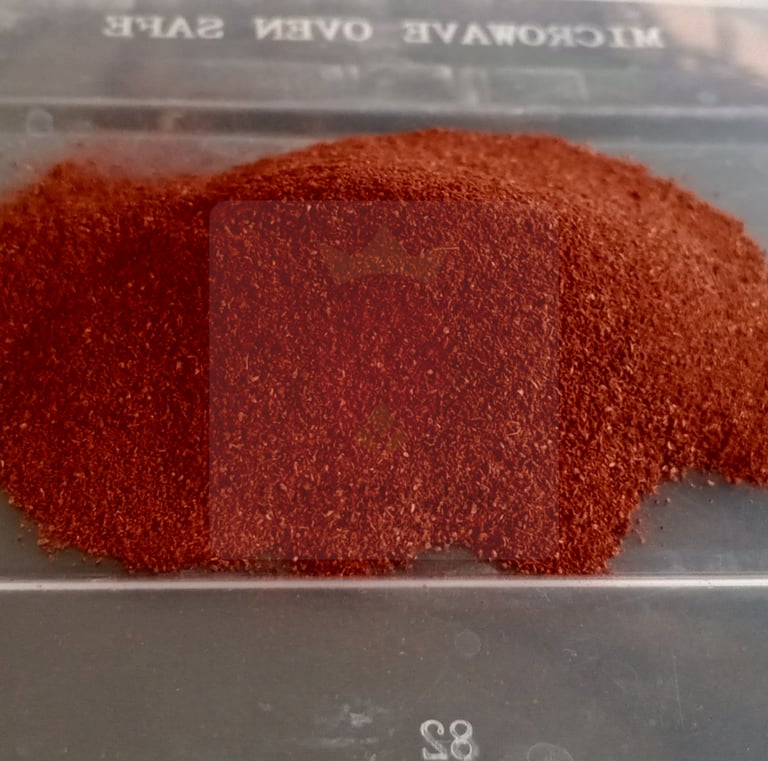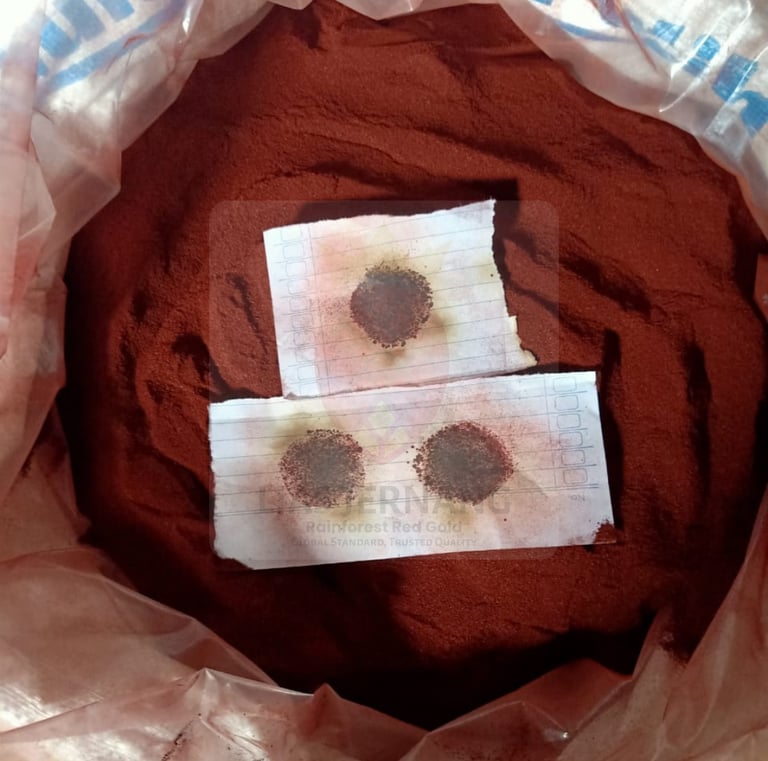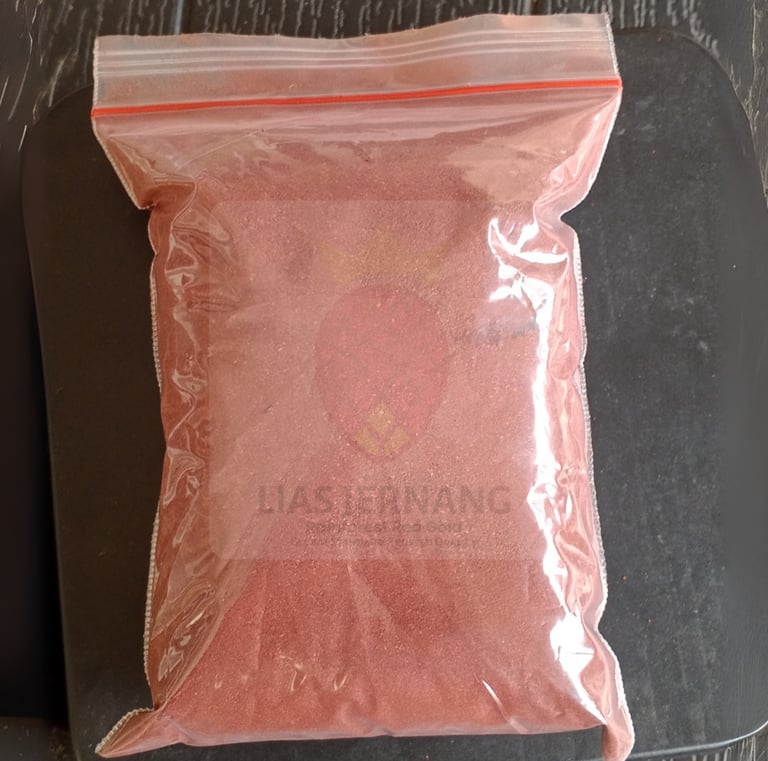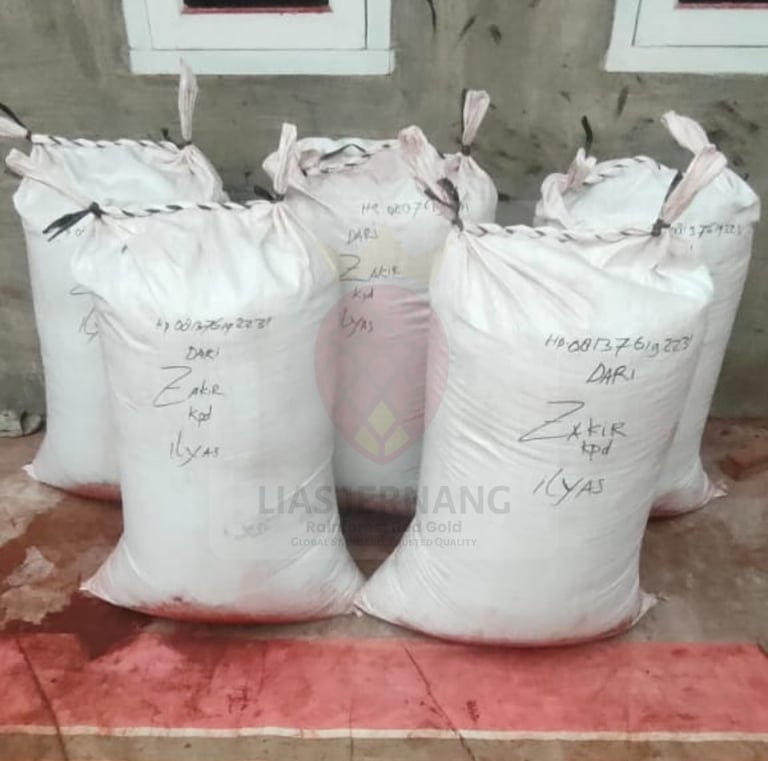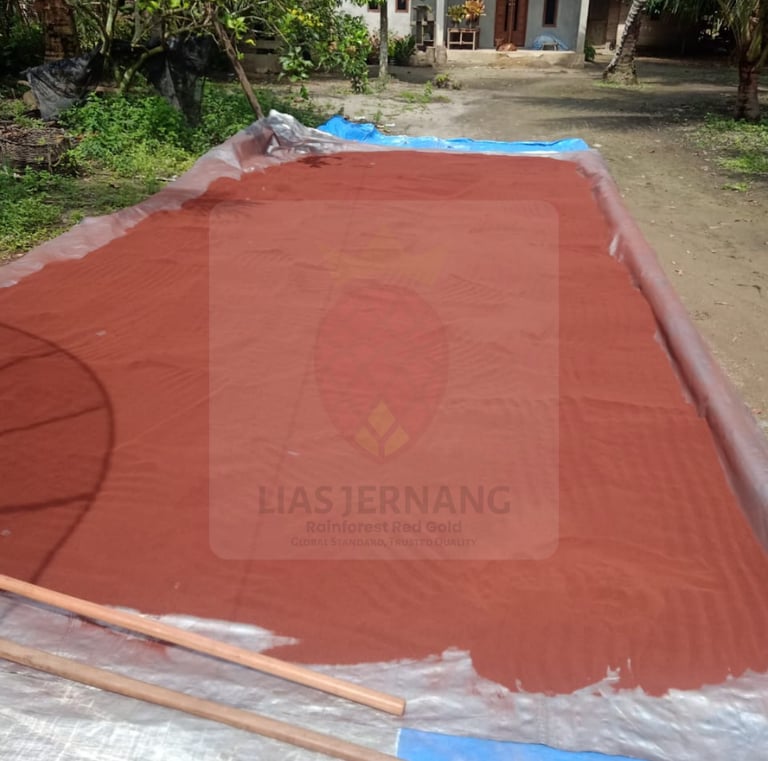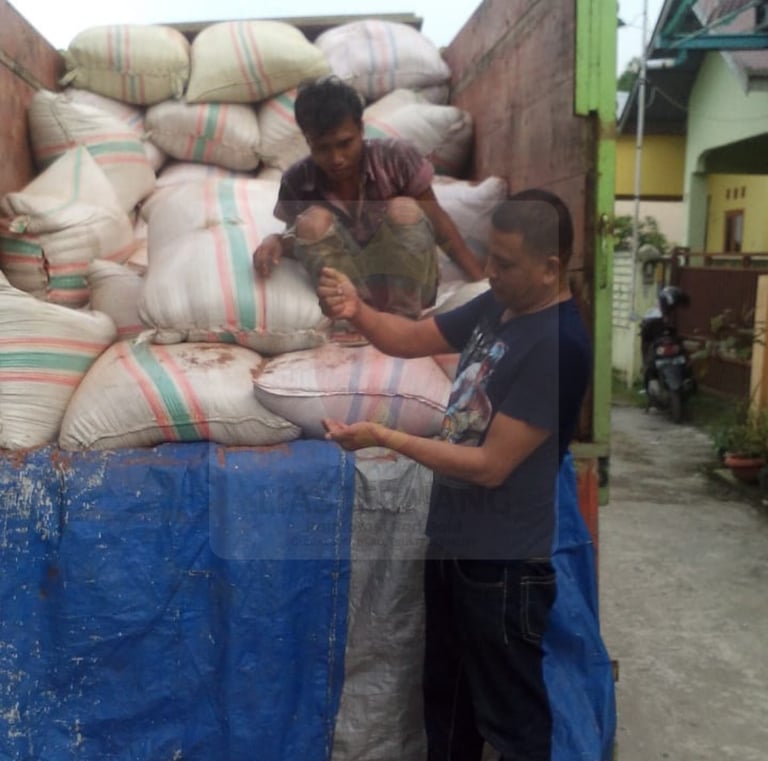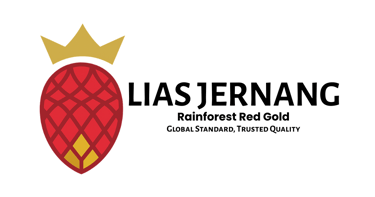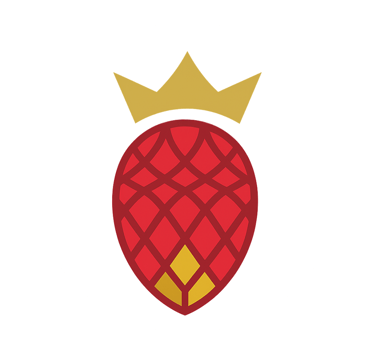Get an additional 5% discount on JERNANG RESIN POWDER products !!! Discount Code : CUMALIASJERNANG
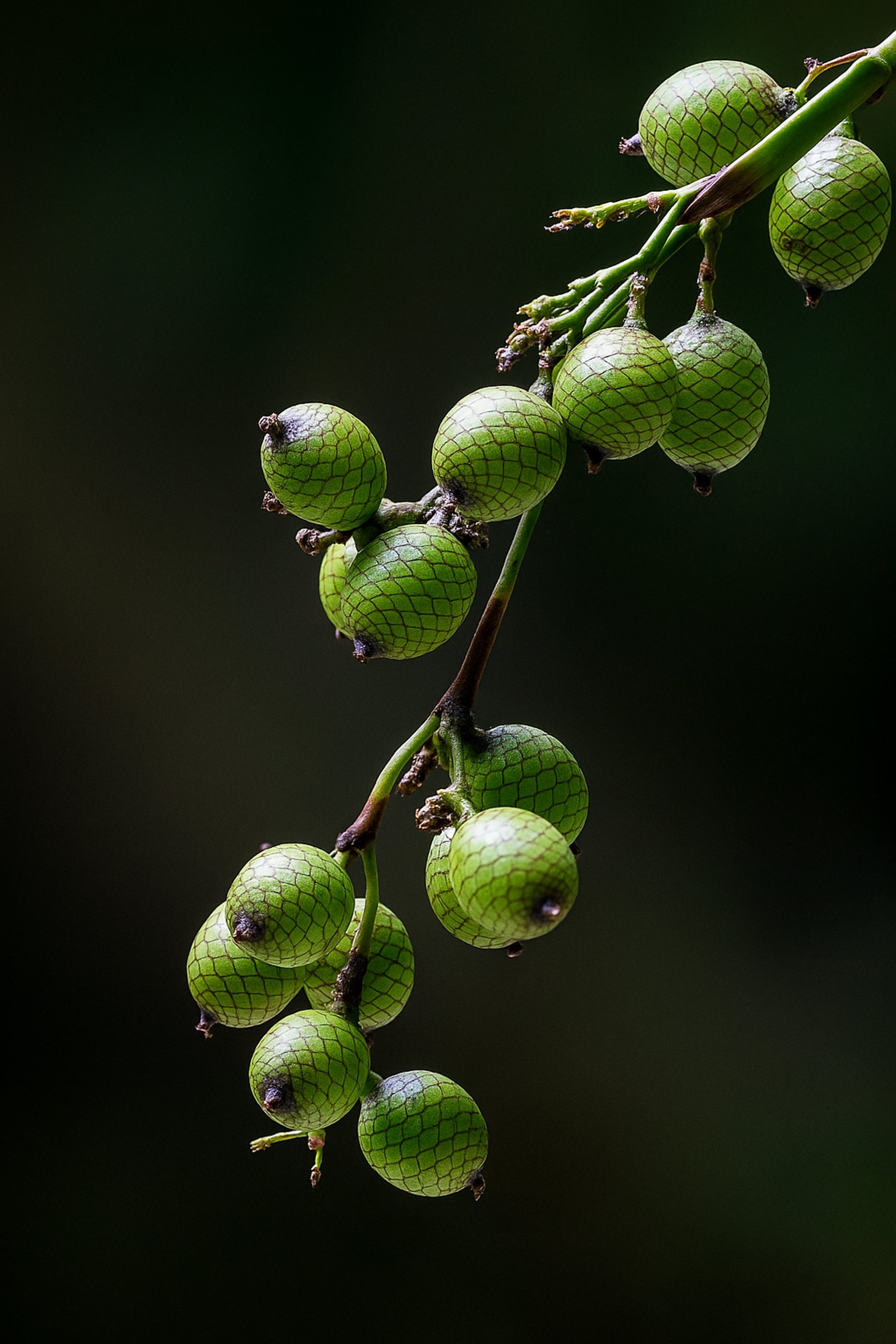
About LIAS JERNANG
LIAS JERNANG is a brand born out of a love for the richness of Indonesia's tropical forests, particularly jernang—the valuable natural red sap from Daemonorops rattan. We serve as a bridge between local communities, sustainable forests, and consumers seeking quality natural products.


Who We Are
Vision & Mission
Vision: To be a pioneer in the development and trade of sustainable jernang that benefits humans, nature and future generations.
Mision:
Providing natural jernang products with the highest quality standards.
Empowering communities around forests through sustainable cultivation and harvesting.
Maintaining the sustainability of tropical forests as important habitats for biodiversity.
Our Values
Sustainability: Prioritizing environmentally friendly production methods.
Natural Quality: Products are derived from pure ingredients without harmful additives.
Empowerment: Elevating the role of local farmers in the supply chain.
Integrity: Maintaining trust through transparency and consistent quality.
Our Journey
LIAS JERNANG began as a small initiative in Sumatra, specifically North Sumatra, when we recognized jernang's immense potential as a high-value commodity and crucial for forest sustainability. From community conservation activities and the collection of non-timber forest products, we have grown into a brand committed to bringing jernang to a wider market, while maintaining ecological and social values.
Product excellence
LIAS JERNANG products are made from carefully selected rattan fruit, which is carefully processed to produce high-quality red sap. This sap is known for its health benefits and is used in the herbal and cosmetic industries, as well as in natural dyes. We believe maintaining product purity is key to optimally enjoying the benefits of jernang.
What is Jernang?
The jernang rattan is a species of plant in the Arecaceae family (the areca palm family) that grows as a climber. This plant is native to humid tropical biomes. The scientific name Daemonorops draco was first published by botanist Carl Ludwig von Willdenow in 1838. This species name is a synonym of Calamus draco.
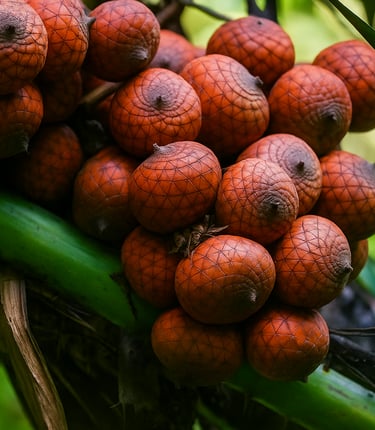

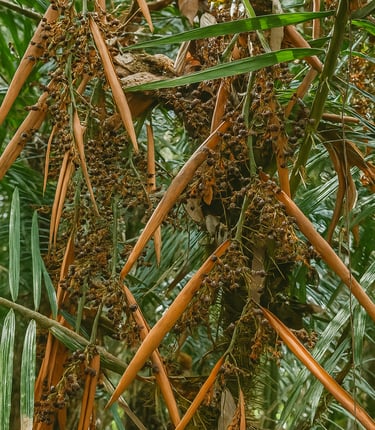

Classification
Kingdom: Plantae
Subkingdom: Tracheobionta
Superdivision: Spermatophyta
Division: Magnoliophyta
Class: Liliopsida
Subclass: Arecidae
Ordo: Arecales
Family: Arecaceae
Genus: Daemonorops
Spesies: Daemonorops draco (Willd.) Blume
Jernang is also known by many names Daemonorops draco (Latin), Dragon's Blood (English), drakenbloed (Dutch), sangre de drago (French), sanguis draconis, xue jie (血竭) jerenang, jeranang, jaronang. The skin of the fruit is scaly like salak, and from the seeds a dark red resin is produced. Jernang is a high-value non-timber forest product and has long been an important trade commodity from Indonesia's tropical forests.
History of Use
For hundreds of years, jernang has been used in traditional medicine as a wound healing agent, to stop bleeding, and as a health tonic. Traditionally, jernang has been used as a natural dye for fabrics, incense, and in religious rituals. To this day, jernang remains relevant, even being sought after in modern industry as an ingredient in cosmetics, pharmaceuticals, and even as an additive for high-value inks and varnishes.
Benefits of Jernang
Economy: A high-priced export commodity, it provides a source of income for communities living around the forest.
Ecology: The jernang plant grows in tropical rainforests and plays a role in maintaining ecosystem balance.
Health: Jernang resin contains bioactive compounds that act as antioxidants, anti-inflammatories, and natural antiseptics.
Industry: Used as a dye, raw material for cosmetics, pharmaceuticals, and even in traditional arts.
Potential & Challenges
Global demand for jernang continues to rise, opening up significant opportunities for the development of nature-based products. However, jernang faces serious challenges such as overharvesting in the wild and habitat loss due to deforestation. Therefore, sustainable jernang cultivation is key to ensuring continued economic benefits without compromising the preservation of tropical forests and the well-being of local communities.

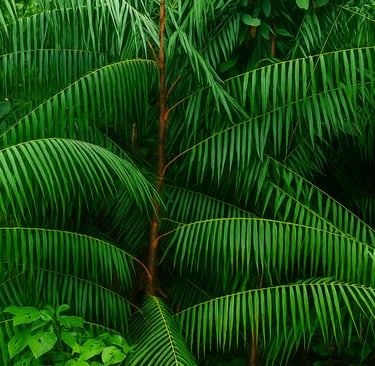
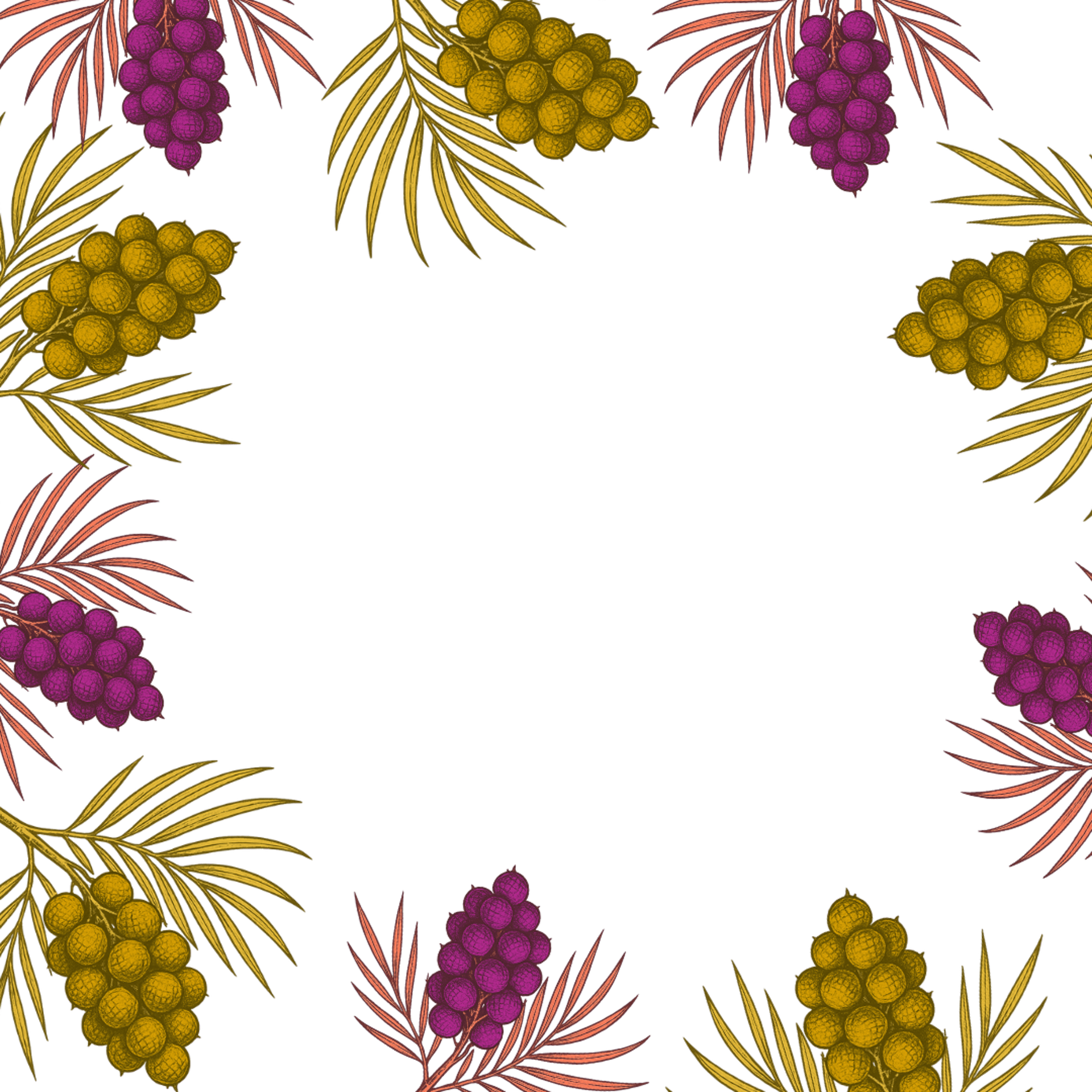
Product Gallery
From the tropical forest to your hands—pure jernang with guaranteed quality, only at LIAS JERNANG
